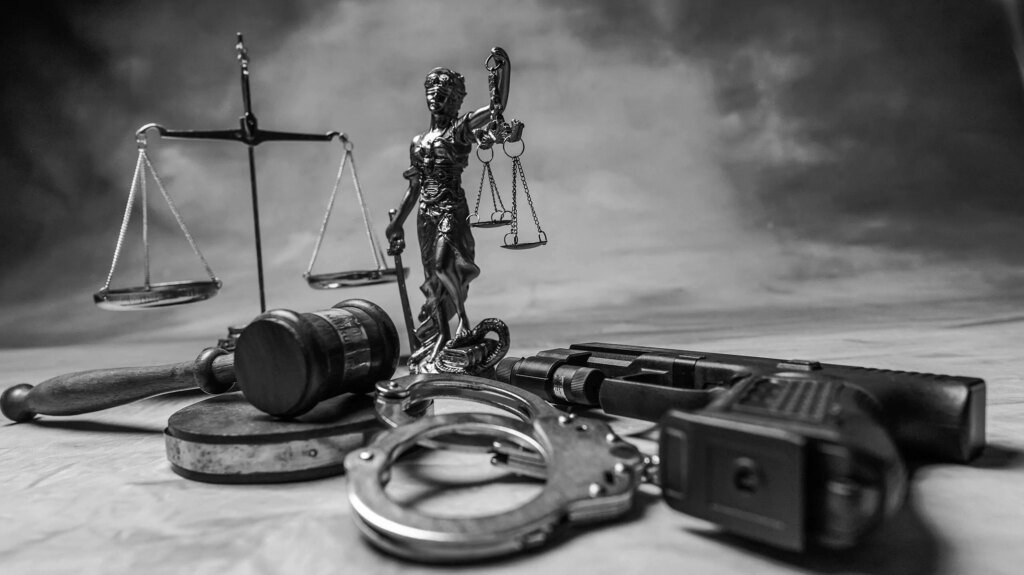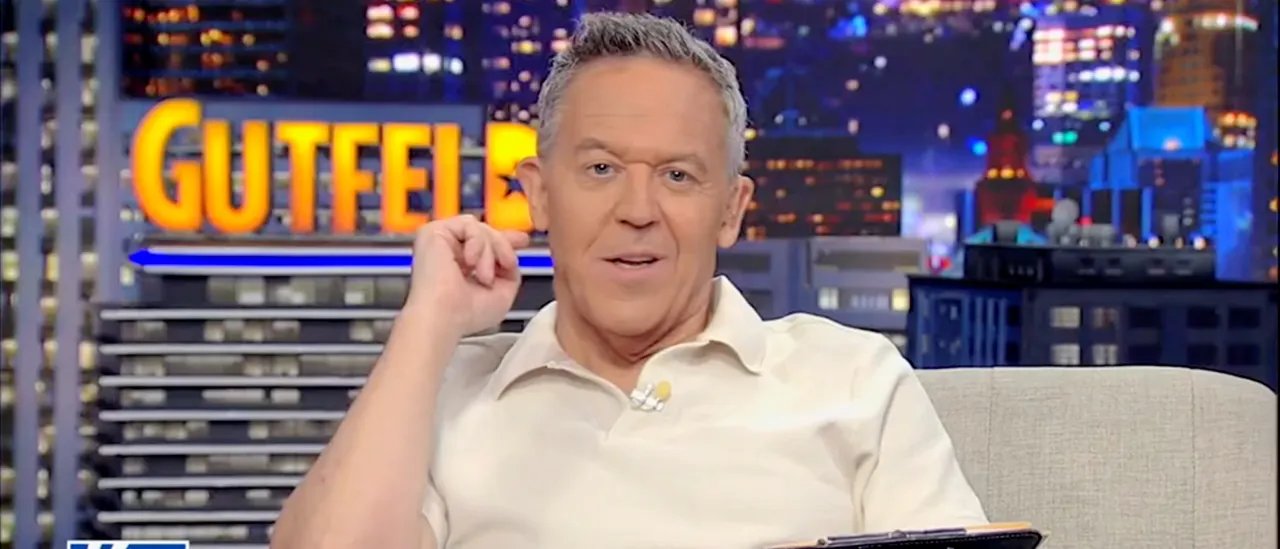Mobile mayoral candidate Spiro Cheriogotis suggests that his childhood trauma shaped him. In a campaign advertisement, he stated, “When I was four, I saw a man trying to kill my father. He protected himself and ended up in prison.” If that narrative holds any truth, it indicates a failure of the justice system on two counts, not one.
However, this story seems to be more crafted than factual, as records tell a different tale.
Court documents, police reports, and verdicts from two juvenile courts reveal circumstances far detached from self-defense. On that fateful day in November 1987, Nicholas Cheriogotis pursued a man he disliked, instigated a confrontation, and shot him in the back while his son Spiro observed the incident.
The victim, Albun Lamar Smith, had previously worked for Nicholas Cheriogotis, and there was a history of animosity between them. On the day of the incident, they encountered each other on the road, engaging in exchanges that escalated the situation. The conflict could have ended had Nicholas not entered a random driveway, waiting for Smith to return.
As Smith drove by, Nicholas exited his vehicle and approached Smith’s truck. Smith brandished a knife, cutting Nicholas on the arm. In response, Nicholas retrieved a .22 caliber handgun from his car and shot Smith.
The judge noted, “At any point, this tragedy could have been avoided. We decided that the value of human life surpasses frustration, anger, and conflict.” He described Smith’s death as senseless, indicating that the bullet struck the victim rather than being fired in self-defense.
Lamar Smith wasn’t just a statistic; he was a father, a hardworking individual whose life ended abruptly in a stranger’s driveway. His narrative has been reshaped by the child who witnessed the event.
This is the reality that Spiro Cheriogotis attempts to obscure with the spin of his campaign, fully aware of what he’s doing. Having served on the bench for six years, he understands what true self-defense looks like—and this wasn’t it.
Two juvenile judges found Nicholas guilty of manslaughter. The double ruling arose from a procedural error in the appellate instructions. Nevertheless, the facts remained consistent. Nicholas received a 15-year sentence but served only three years due to a judge’s leniency, citing his “good job” and “good family” as reasons for a reduced sentence.
This is not justice; it’s privilege.
Following the conviction, Smith’s family pursued a wrongful death lawsuit, achieving a $2 million settlement with the Cheriogotis family, which was never fulfilled. Court records indicate possible asset transfers, with properties moved to a construction company co-owned by Nicholas’ father and wife. During this legal turmoil, Nicholas declared bankruptcy to avoid paying restitution.
In essence, he escaped accountability.
Now, more than three decades later, Spiro Cheriogotis is leveraging that tragedy for political advantage. He redefines Lamar Smith as the aggressor, while recasting Nicholas as a victim, conveniently diverting attention away from the truth in favor of a carefully curated campaign narrative.
This isn’t reflection; it’s manipulation. It’s not familial trauma; it’s exploitation. And it’s unsettling.
Political campaigns often weave narratives suggesting that candidates’ past experiences shape their principles. But when the foundational story is deceptive, what kind of leadership can emerge? If someone can distort the reality of a murder they witnessed, what else might they misrepresent for personal gain?
Spiro Cheriogotis didn’t just inherit his father’s name; he also inherited the unresolved aftermath of that day. Yet, instead of confronting it, he repackaged the tragedy. He opts for myths over truth, and seeks votes in place of justice.
This is more than a campaign built on falsehoods; it’s an identity rooted in denial. By transforming a convicted murderer into a victim and portraying Smith as the attacker, Spiro Cheriogotis demonstrates a refusal to respect the truth, even when reflecting on his own childhood.
This isn’t merely injustice—it’s disqualification.
Leadership requires integrity, and public trust hinges upon it. A candidate rewriting the narrative of murder to gain power should face scrutiny from the electorate.
Mobile deserves more than smoke and mirrors cloaked in campaign rhetoric. Spiro Cheriogotis shows a willingness to twist the truth, tarnish the memory of the deceased, and manipulate the justice system for his advantage.
This isn’t a showcase of character; it’s a troubling agenda needing to be rejected.







